The Unsung Heroes of Korean History: The Hidden Pillars (part 2)
- byT.Sapphire 💙
- 4 months ago
- 0 Comments
- 3mins
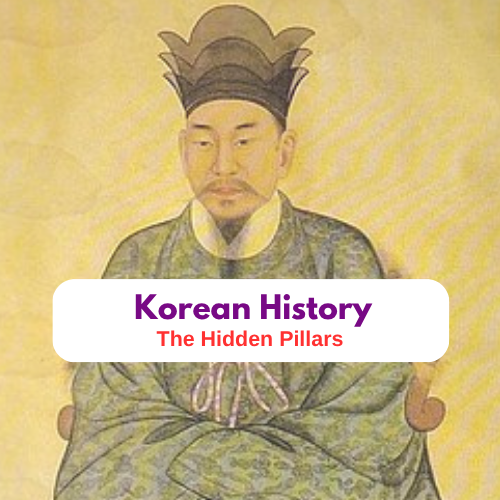
While kings and generals get the hotspot and attention, Korea’s history is also built on the works of lesser-known figures like scholars, servants, ordinary citizens, and even rebels who held the nation’s soul together from behind the scenes.
In this second part of our series (you should read the first if you’ve not), we shine a light on a few of these hidden pillars who made their mark in subtle but powerful ways.
Heo Nanseolheon: Outsmarting Patriarchy
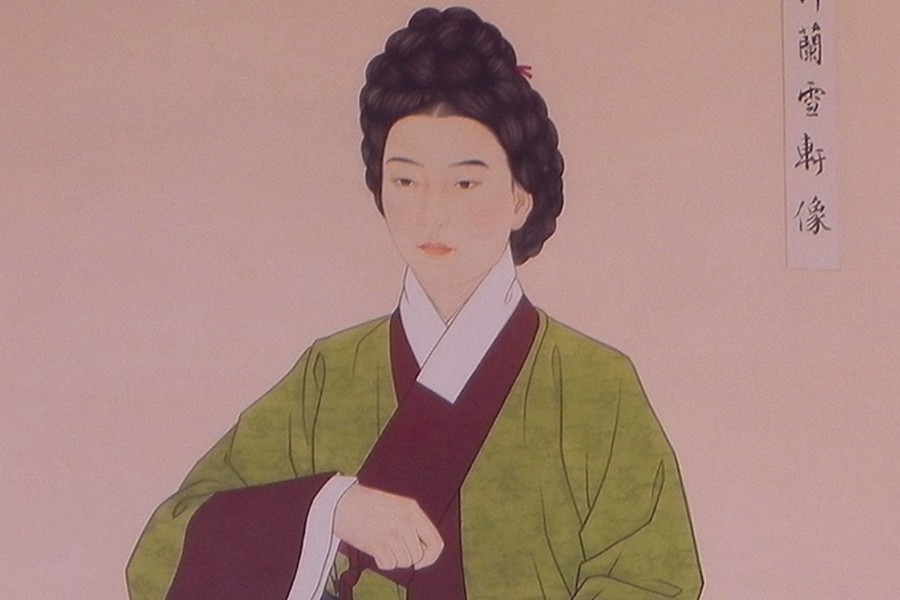
Let’s start with Heo Nanseolheon, one of the rare women in Joseon whose writing didn’t just survive but thrived. She was born into a highly literate noble family in the 16th century, and was basically a literary prodigy. She read Confucian texts and started composing poetry while other kids were still learning how to embroider.
But being brilliant in a man’s world? Not so cute, not so acceptable. Unfortunately, she was married off to a not-so-supportive husband who allegedly didn’t appreciate her talent (the audacity). Still, she kept writing and her poems didn’t just express emotion; they questioned everything (especially patriarchy). Though she died young, her posthumous fame spread across borders, even making waves in China and Japan. In a world where women weren’t allowed voices, she made sure to carve her name into literary history with a brush and ink.
Choe Je-u (a.k.a. Susan): The Prophet They Tried to Silence.
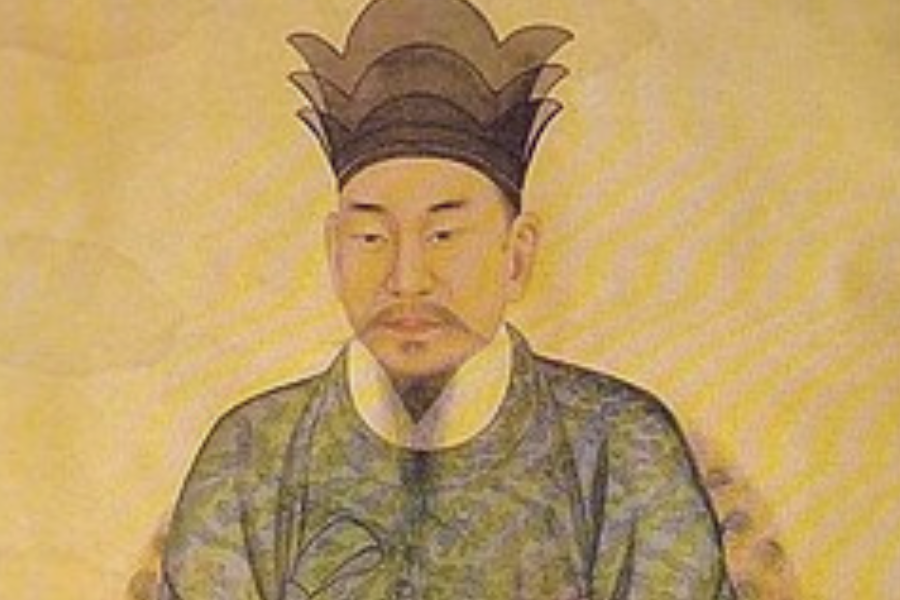
You know what’s more dangerous than an army? An idea. Especially one that threatens the social order, and that’s exactly what this man did. Choe Je-u was the founder of the Donghae (Eastern Learning) movement in the mid-19th century. He was more of a spiritual activist who went, “What if we mixed a little Confucianism, Buddhism, shamanism, and then threw in equality and anti-corruption vibes?” He was basically preaching that all people had divine nature, not just the aristocrats. That everyone, whether peasants, women, or commoners, deserved dignity. Naturally, he got arrested and executed in 1864, but his movement didn’t die with him. It helped shape modern Korean reform movements.
Although Choe Je-u didn’t wear silk robes or sit on any throne, his words shook empires. You know you’re powerful when the state has to kill you to stop you.
Baekje’s Queen Lady Sataek: The Real Power Behind the Crown
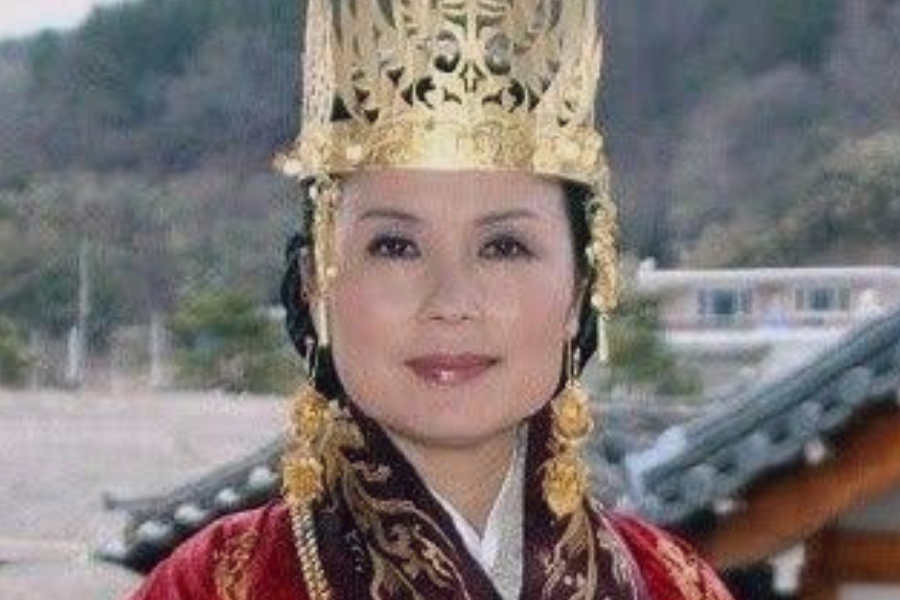
Ever heard of a woman running things from behind the curtain? That’s Lady Sataek right there. She was the queen consort of Baekje’s King Uija in the 7th century. Now King Uija’s reign was messy, but Sataek wasn’t just lounging in the palace, she had real political clout. Records suggest she actively influenced royal appointments and court decisions, often backing her own powerful clan. She knew alliances, played court politics, and she moved people into key posts at will. Unfortunately, Baekje eventually fell to the Silla-Tang alliance, and history blamed her by extension. You know the drill: when men fail, women get blamed.
If you ask me, Sataek wasn’t a tragic queen, but a strategist. She held influence when women weren’t even supposed to speak up. And that makes her iconic.
So here’s to the ones who moved kingdoms from the shadows, because history may have whispered their names, but we’re saying them out loud now.
T.Sapphire 💙
T. sapphire is a writer who found her love for the Hallyu wave after watching the historical drama “Jumong.” She is mainly interested in Korean dramas and the history of Korea at large. Explore her pieces as she takes you on a journey through K-Drama recommendations and keeps you informed about the history of the Korean people.
0 Comment(s)
Related Posts
Daily Newsletter
Get all the top stories from Blogs to keep track.
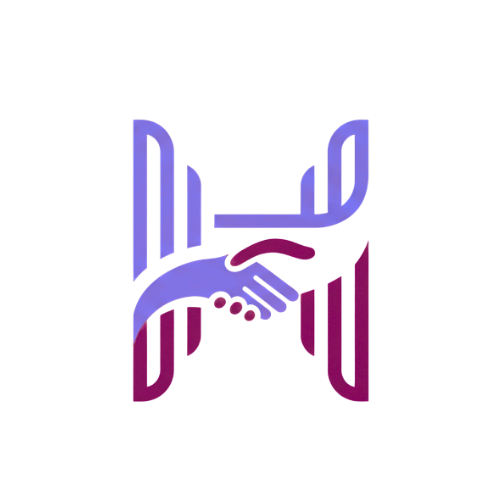
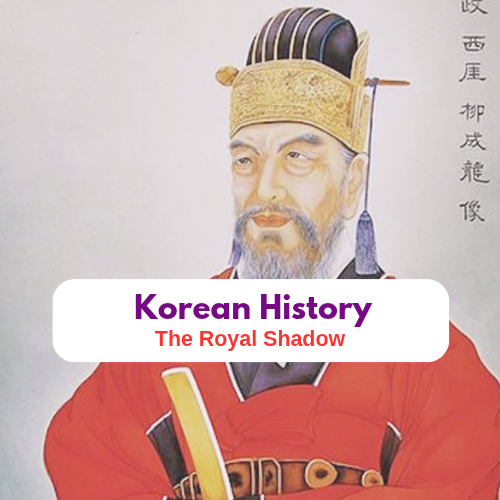



Leave a comment